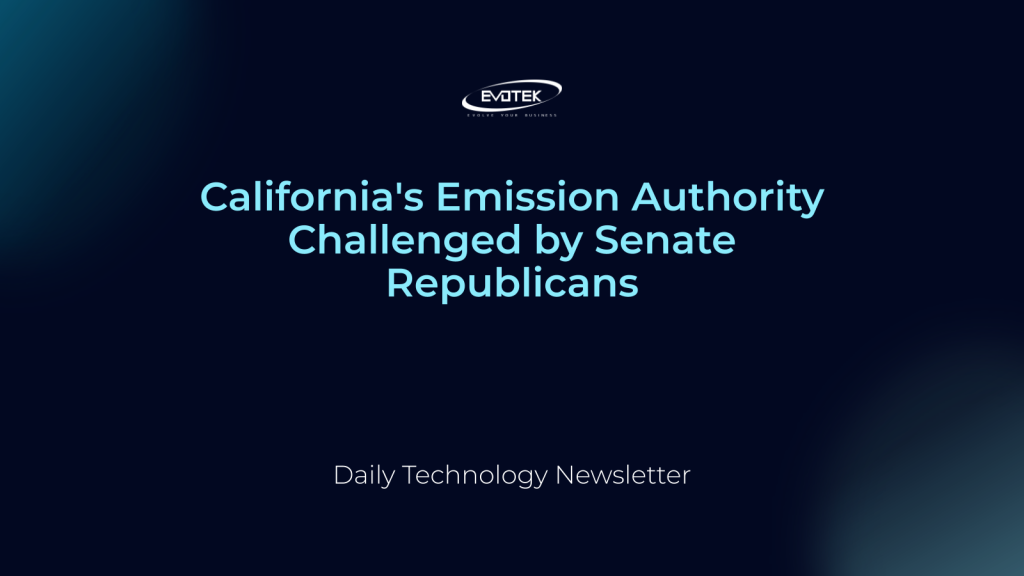Washington, D.C. – In a move that has sparked considerable controversy, Senate Republicans have voted to revoke California’s long-standing authority to set its own, stricter tailpipe emission standards for cars and trucks. The vote, which took place late yesterday, saw GOP lawmakers defy objections from nonpartisan oversight bodies, triggering a wave of criticism from environmental advocates and Democratic lawmakers.
The resolutions passed aim to overturn Environmental Protection Agency (EPA) waivers that have allowed California to pursue its aggressive climate goals and improve air quality by curbing vehicle emissions. Since the Clean Air Act of 1970, California has been granted the right to establish its own emission rules, influencing the entire automotive industry due to its position as one of the largest car markets globally. Seventeen other states and Washington, D.C., have adopted some or all of California’s vehicle emission regulations.
Senator Sheldon Whitehouse (D-RI) condemned the move as a “sneaky maneuver” orchestrated to bypass negotiations, legislation, and regulatory processes, benefiting the fossil fuel industry. The resolutions target California’s ambitious plans, including requirements for an increasing number of zero-emission medium and heavy-duty vehicles, and a complete transition to zero-emission passenger vehicles by 2035.
Senator Shelley Capito (R-WV) defended the vote, arguing that California’s policies impose “extreme climate policies on the rest of the country.” However, environmental groups like the Natural Resources Defense Council argue that the move infringes upon states’ rights to protect their own environments.
The resolutions were passed using the Congressional Review Act (CRA), a tool that allows Congress to overturn recent rules with a simple majority vote, avoiding a filibuster. However, the Senate parliamentarian and Government Accountability Office have previously questioned whether these waivers qualify as “recent rules” under the CRA.
The resolutions now head to President for signature. The move has been praised by auto trade groups, with the US Chamber of Commerce asserting it is “essential to ensuring a unified national vehicle marketplace.”
The debate highlights the ongoing tension between federal and state authority in environmental regulation and the future of clean vehicle standards in the United States.

 日本語
日本語 한국어
한국어 Tiếng Việt
Tiếng Việt 简体中文
简体中文